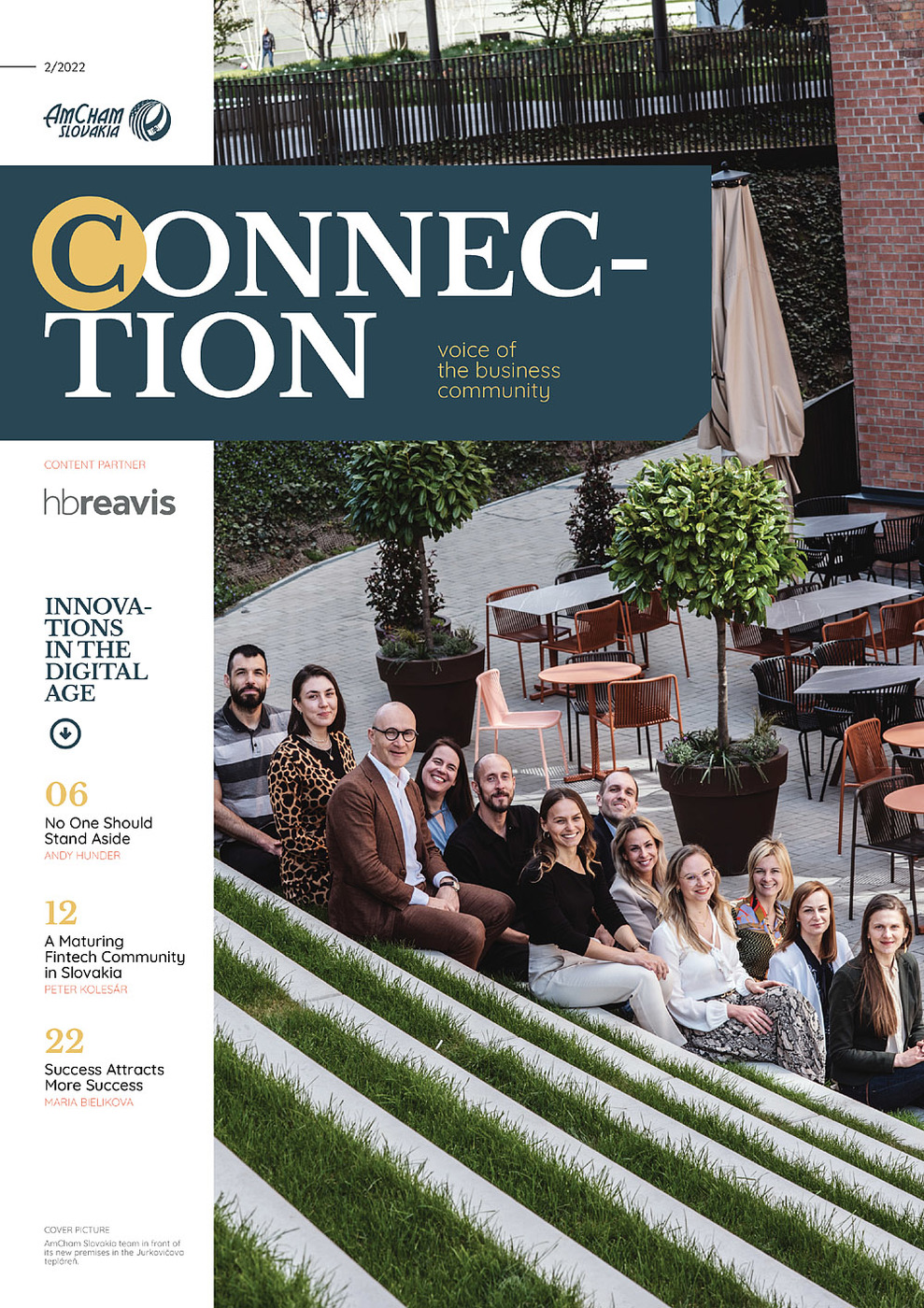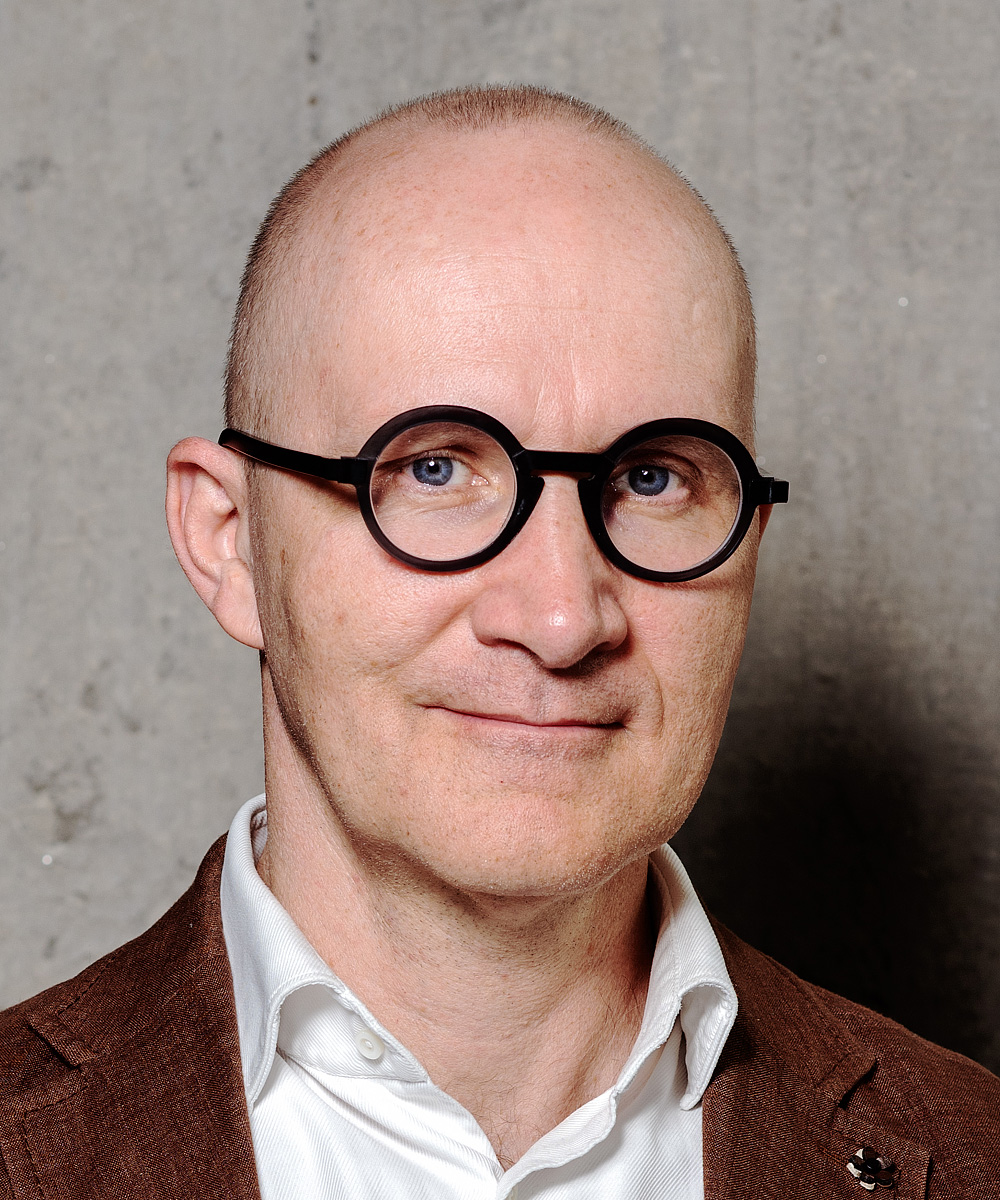 New technologies have made our travelling, calls, and data transfers
both cheaper and faster, thus improving the quality of our lives.
However, the same technologies have become potent weapons for new kinds
of war. We can see it daily on social media or read about so called
hybrid wars in the news. While trying to understand why globalization
has not delivered on its promise to make the world safer and more
prosperous, Leonard does not give up hope for a better world and
explores how we can devise a better future.
New technologies have made our travelling, calls, and data transfers
both cheaper and faster, thus improving the quality of our lives.
However, the same technologies have become potent weapons for new kinds
of war. We can see it daily on social media or read about so called
hybrid wars in the news. While trying to understand why globalization
has not delivered on its promise to make the world safer and more
prosperous, Leonard does not give up hope for a better world and
explores how we can devise a better future.
Tragically, months
after the book’s publication “unpeace” has turned into classic warfare
and ushered in an era in which a clear distinction between war and peace
can be made easily even by children.
Antagonism between the
West and Russia has reached a new, almost unprecedented, level. Vital
cooperation on solving global threats to the long term survival of
humanity, such as pandemics and climate change, has almost stopped. We
keep imposing new sanctions, are quickly rearming our societies, and
becoming overwhelmed by continuous migrant inflows.
However, the
urgent should not distract us, at least in the medium term, from the
important. There is no immediate holding back of the climate change,
rising technology-driven inequality, and skills mismatch. In order to
fix these challenges, we will need to continue to innovate and change
our education system so that technology-driven prosperity is widely
shared and our way of living becomes sustainable.
Imposing peace
in freedom loving and war-battered Ukraine is the order of the day. But
we, like Mark Leonard, cannot give up on a better future. Hence, solving
threats to prosperity, social cohesion and sustainability must come
next.
We hope our new issue of Connection will help you with the latter.
Ronald Blaško, Executive Director of AmCham Slovakia



Follow us